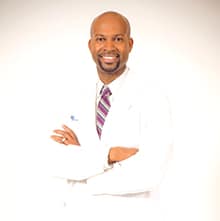
Peripheral Artery Disease
Are you experiencing leg pain?
Leg pain comes in many shapes and sizes. It can be dull and aching or sharp and stabbing. Even tightness and tingling leg pain can be quite uncomfortable.

Are you experiencing leg pain?
Leg pain comes in many shapes and sizes. It can be dull and aching or sharp and stabbing. Even tightness and tingling leg pain can be quite uncomfortable.
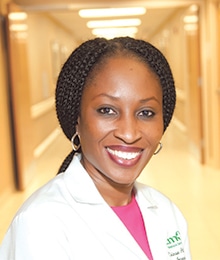
September is Sepsis Awareness Month: Every time I walk into the emergency room to admit a patient diagnosed with sepsis, I meet patients who are very scared but do not entirely understand their diagnosis. Sepsis is a life-threatening condition caused by the body’s response to an infection and can lead to tissue damage, organ failure and potentially death.

Identifying pregnant and post-partum women with depression is extremely important because untreated perinatal depression and other mood disorders can have devastating effects on women, infants, and families.

A urogynecologist is a surgeon who has specialized in the care of women with pelvic floor disorders. The pelvic floor is a set of muscles, ligaments and connective tissue in the lowest part of the pelvis that provides support for a woman’s internal organs, including the bowel, bladder, uterus, vagina, and rectum.
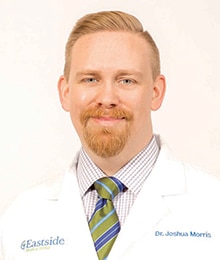
Drs. Cerletti and Bini performed the first electro-convulsive therapy (ECT) treatment in Italy in 1938. ECT is the oldest psychiatric treatment in psychiatry still in use. Since 1938, ECT has evolved significantly to optimize the balance between minimal side effects and maximum efficacy.
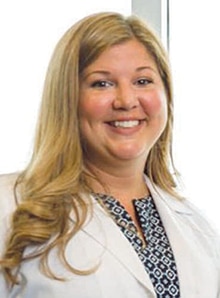
We all know life doesn’t slow down when you are pregnant. Weddings, funerals, and family reunions are all things many women and their partners don’t want to miss while pregnant or trying to become pregnant.
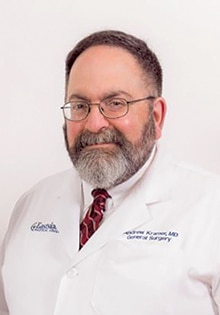
WHAT IS A HERNIA?
A hernia is a hole in the fascia (gristle) of the abdominal wall. Hernias can be congenital (you are born with it) or acquired (occurring secondary to lifting or strenuous activity). Once a hernia develops, the hole in the fascia will not close on its own, and over time may become larger.
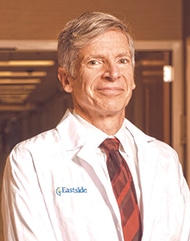
Q. What conditions do neurosurgeons treat?
A. Any structural disorder of the nervous system including the brain, the spine, and the peripheral nerves. This includes brain tumors, hemorrhages, trauma, fractures, blood vessel disorders, nerve and nerve root compression, disc herniations, vertebral fractures, nerve entrapments, just to list a few.
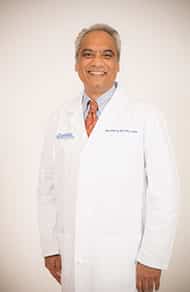
When your heart skips a beat, flutters or races away it could be the beginning of a serious rhythm called atrial fibrillation (Afib for short). Sometimes patients have no symptoms at all and are surprised when an EKG is done and shows Afib.
107 W Crogan St, Lawrenceville Ga 30046 | (770) 963-3699